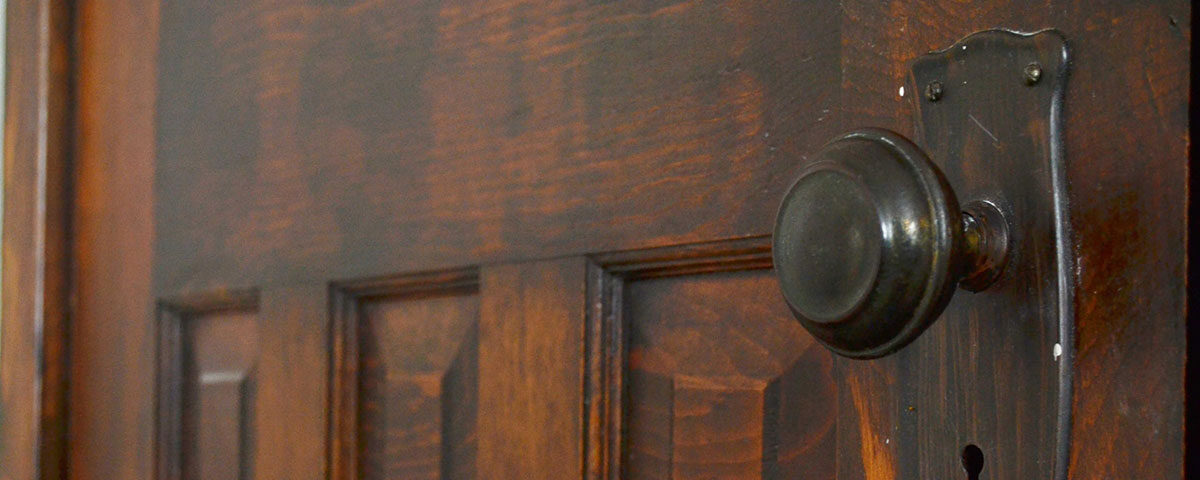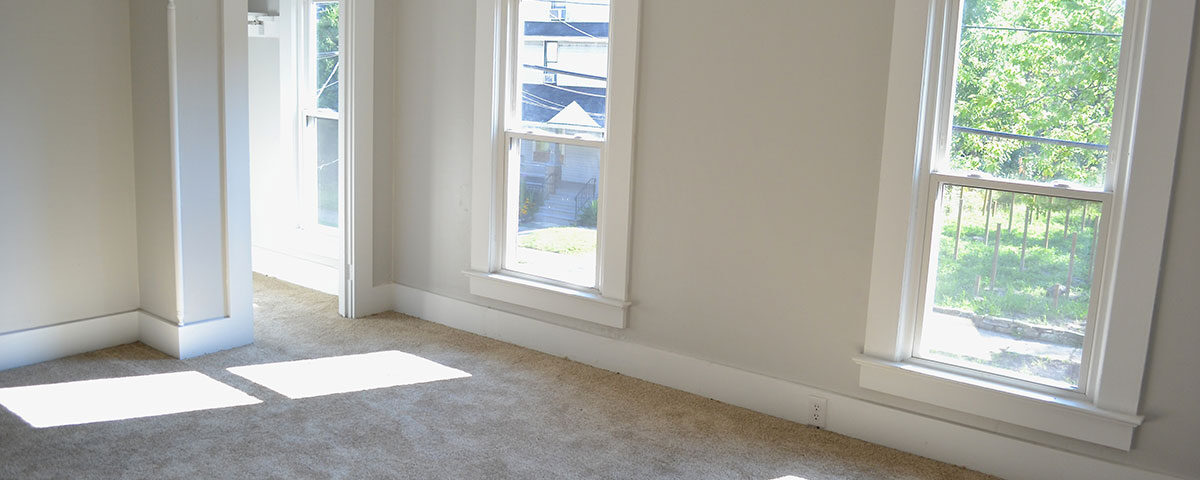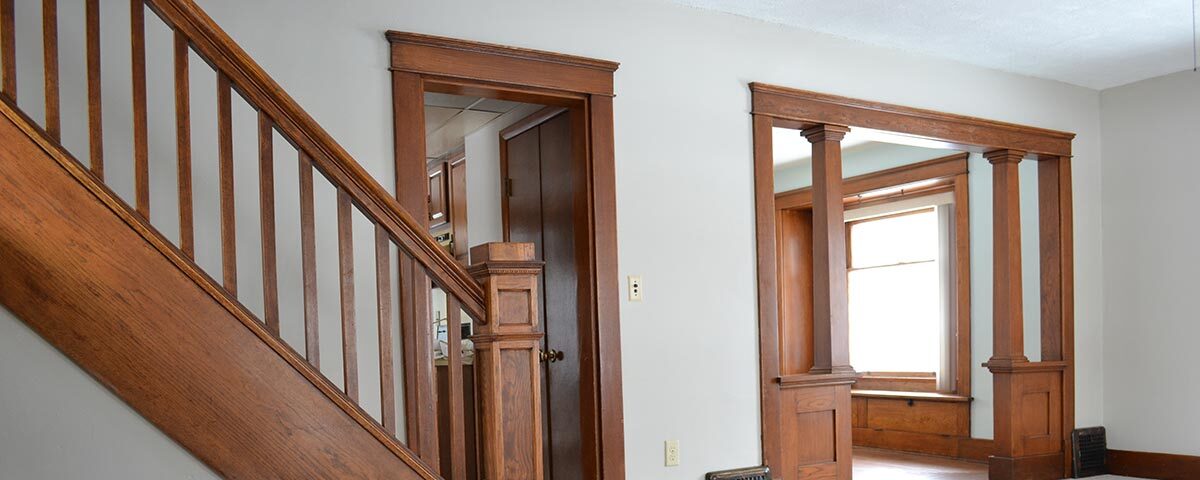In the years after its 2010 launch, Trumbull Neighborhood Partnership (TNP) conducted a citywide parcel inventory of the City of Warren to inform the organization’s housing strategy. Warren has struggled with a high number of vacant homes due to rapid population decline largely as a result of loss of industry. TNP’s inventory, launched in 2013, catalogs the number of homes and commercial properties in the entire city as well as their occupancy status: vacant or occupied. Buildings are also ranked based on their overall condition as well as the condition of individual features such as their roofs, landscaping, and siding. With this data, TNP is able to identify vacant properties and determine action steps to mitigate blight.
The structures in the worst condition that may be a danger to the public are often able to be demolished, and the land is returned to productive use. Other structures may be able to be rehabilitated and returned to productive use in a much more usable and beneficial state, creating opportunities for home ownership. This process helps to boost owner occupancy of Warren homes and stabilize neighborhoods, with the organization demolishing over 1,200 vacant properties and renovating over 600 since the release of the inventory and correlated neighborhood housing plans in 2015.
In 2023, TNP pursued an updated inventory to help inform expanded strategies in the postCovid era. Advancements in GIS technology have allowed the 2023 inventory to be done fully digitally, and the data collected is more accessible and detailed. Photos accompany every survey as well as all property information including who owns the property, parcel numbers, and whether the owner of a home actually lives in it. Data helps to show trends in both vacancy and its remediation efforts both citywide and along neighborhood or ward boundaries, and help inform updates to strategies enacted by nonprofit and governmental entities.
TNP continues to engage local residents and present the data of the updated parcel inventory through community meetings and other community events. The input of residents is incredibly valuable and helps TNP to decide future uses for land where properties have been demolished. Potential future development includes uses such as community gardens, side lot sales, and the types of preferred land reuse may change depending on changing priorities within the community. Ultimately, the parcel inventory is a tool that is used to address blight and demonstrate the continuous improvement of Warren communities



